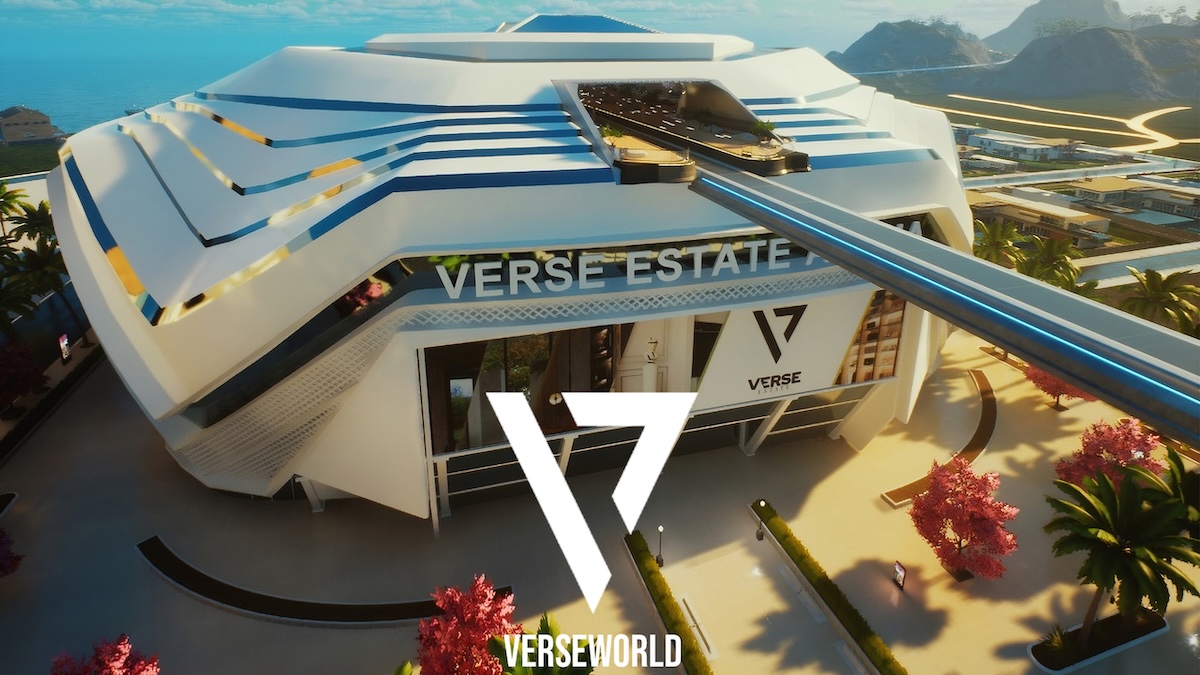How to Buy Land in the Metaverse: Your Guide to Virtual Real Estate
he era of immersive, interoperable 3D virtual worlds is fast approaching and virtual land is becoming a hot commodity

The rapid expansion of the metaverse and the growing interest in virtual experiences have led to an increased demand for virtual land. With numerous opportunities for development and monetization, investing in virtual land can offer substantial returns for those who are well-versed in navigating this digital landscape.
This extensive guide will delve into the various aspects of virtual land, including the reasons to consider purchasing it, the process of acquiring virtual land, and the steps to maximize your return on investment.
What is Virtual Land?
Virtual land, also known as digital real estate, refers to intangible property within virtual worlds or online platforms, such as Decentraland, The Sandbox, or Somnium Space. This digital property can be bought, sold, developed, and leased similarly to physical real estate. However, it exists solely within the digital realm, providing accessibility to users worldwide and fostering a global market for virtual land transactions.
Why Buy Virtual Land?
The growing prominence of the metaverse has positioned virtual land as an attractive investment opportunity. Purchasing virtual land allows you to develop and monetize your digital real estate, generating passive income streams, cultivating online communities, or hosting virtual events. As more people engage with virtual worlds, the value of well-developed virtual land is likely to appreciate, making it a potentially profitable long-term investment.
How to Buy Virtual Land
Acquiring virtual land is a multi-step process, which involves selecting the right platform, finding the ideal plot of land, and securing your purchase. Let's explore each of these steps in detail.

How to Choose the Right Virtual Land Platform
Numerous virtual land platforms are available, each with its unique features, ecosystems, and user bases. Before making a purchase, conduct thorough research and compare platforms such as Decentraland, The Sandbox, and Somnium Space to identify the one that best aligns with your objectives and preferences. Factors to consider when evaluating platforms include the platform's user base, development tools, monetization options, and overall market trends.
How to Find the Right Virtual Land for Your Needs
When searching for the perfect plot of virtual land, consider factors like location, size, and neighbouring developments. The location of your virtual land can significantly impact its value and potential for development, so choose carefully. Additionally, consider the platform's overall layout, as well as any existing or planned developments in the vicinity.
Most platforms have marketplaces where you can browse available properties and filter your search based on specific criteria. Familiarize yourself with these marketplaces and monitor them regularly to identify attractive opportunities as they become available.
How to Pay for Virtual Land
Virtual land transactions typically involve the use of cryptocurrencies or platform-specific tokens. Before attempting a purchase, ensure you have acquired the appropriate digital currency and have a compatible wallet to store your digital assets. Some platforms may also support traditional payment methods like credit cards or bank transfers, but this varies across platforms.
How to Secure Your Virtual Land
Once you have purchased your virtual land, it is crucial to protect your digital assets. Store your private keys, account credentials, and other sensitive information in a secure location, such as a hardware wallet or encrypted file storage. Implementing strong security measures can help protect your investment from theft or loss due to cyberattacks or other digital threats.

How to Develop Your Virtual Land
Developing your virtual land can take various forms, ranging from creating immersive experiences and games to constructing commercial properties or virtual art galleries. Depending on your goals, you may need to learn new skills, such as 3D modeling, programming, or digital design, or collaborate with other professionals to bring your vision to life. Some platforms also offer built-in development tools and resources to help you create and customize your virtual land.
Consider the purpose of your virtual land and the type of audience you want to attract when planning your development strategy. For example, if you want to create a virtual event space, you may need to design a versatile and scalable environment that can accommodate various types of events and activities.
How to Monetize Your Virtual Land
There are multiple ways to monetize virtual land, such as hosting virtual events, leasing space to other users, selling advertising space, or operating virtual businesses. To determine the most effective monetization strategy for your virtual land, consider its unique features, location, and target audience.
For example, advertising space may be highly valuable if your virtual land is situated in a high-traffic area. Alternatively, if your virtual land is designed as a gaming environment, you might consider implementing in-game purchases or subscription-based access to generate revenue.
The Future of Virtual Land
The future of virtual land is filled with exciting possibilities as technology and the metaverse continue to evolve. The increasing integration of virtual and physical worlds presents numerous opportunities for innovative developments and monetization strategies.
However, it is essential to be aware of the risks associated with investing in virtual land, such as market volatility, platform stability, potential regulatory changes, and the inherent challenges of navigating a rapidly changing digital landscape.
With careful research, planning, and a forward-thinking approach, buying virtual land can be a rewarding and profitable venture for those willing to embrace the digital frontier.




